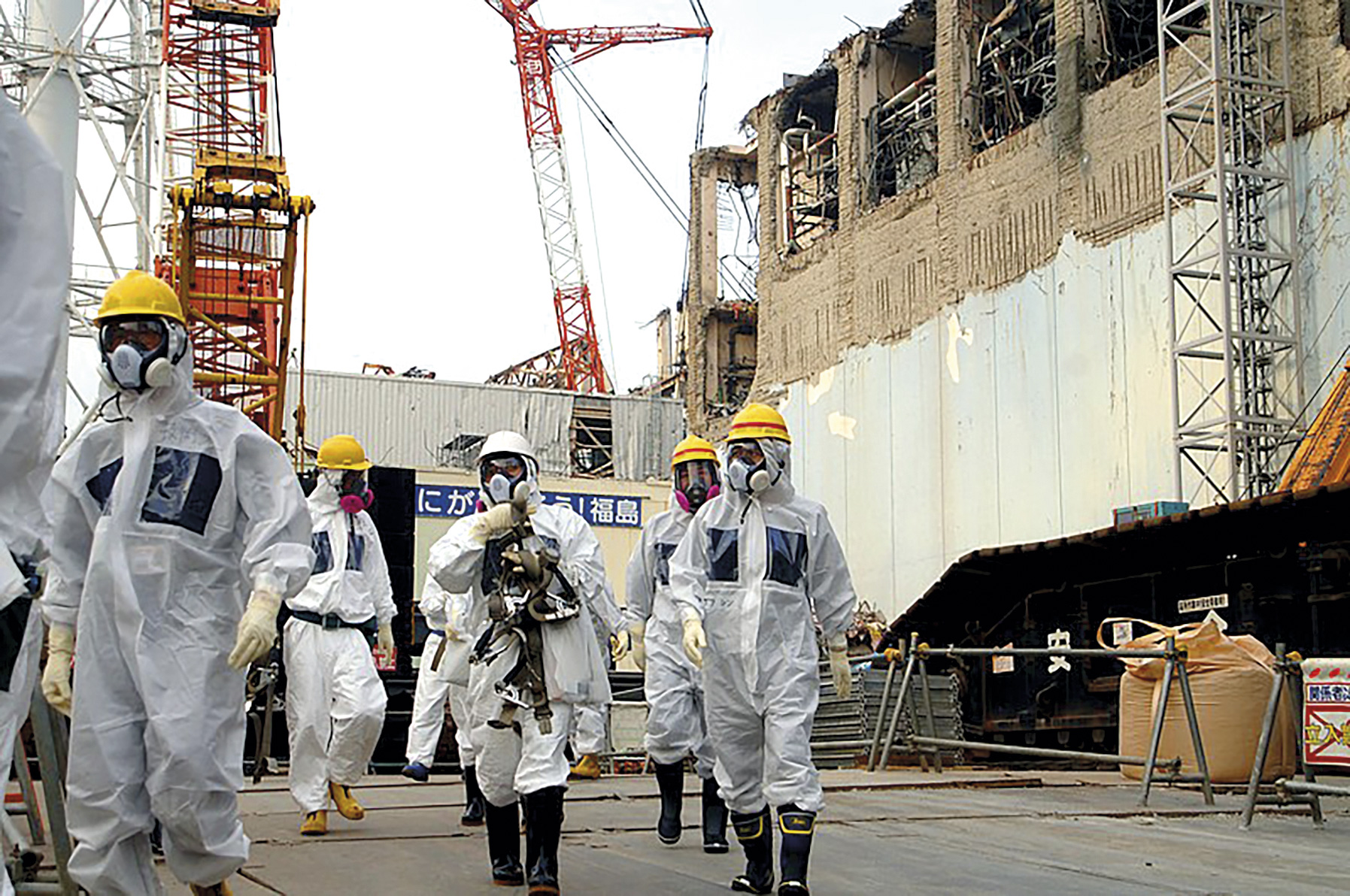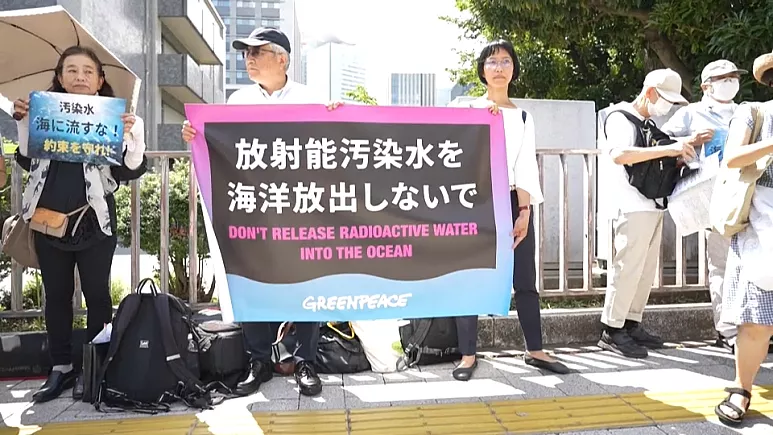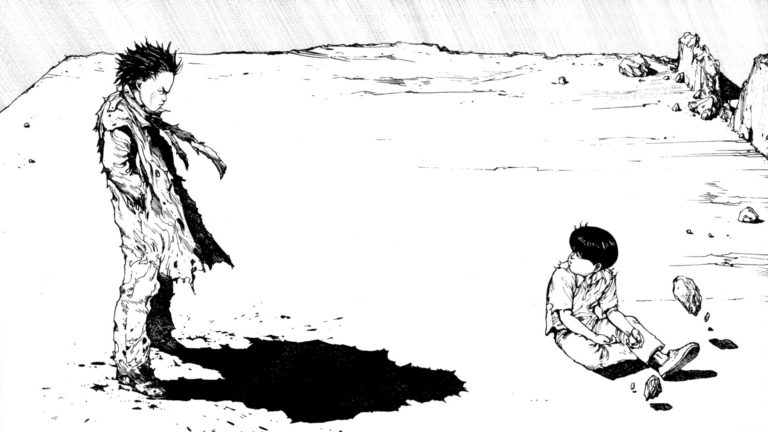There was bitter disappointment at the ballot box for Mr Ishiba.
We know that the head of rank must attract attention and that exaggeration is a resource for that. But ... Is not too much what the very honourable The New York Times brings the day after the Japanese parliamentary elections? A Seismic Election Sends Asia’s Most Stable Democracy Into Chaos? The most stable democracy in Asia? What's driving some seismic choices to chaos? Really?

If a qualification were assigned to the 27 October elections in Japan for the reform of the Lower House… it would arrive long before the “seismic” the “bitter”, the “corrupt”, or something like that. Or “hopeful”?
Look: Nine days after Shigeru Ishiba became the new Prime Minister and owner of the Liberal Democratic Party, the former Minister of Defence, called the presidential elections. During the period, when he was not obliged to do so. He reportedly hoped that the succession of Fumio Kishida, scandalized by the scandal of the past elections, would be reversed in October 2021, then in due course. The truth is that it came from the mandates of Yoshihide Suga and Shinzo Abe.
None of this has happened. The Liberal Democratic Party of Ishiba, with a small parentheses, has lost the absolute majority that he has always achieved for almost 75 years alone and that tends to worship with his alliance with the Buddhist right Komeito. Garbiro: Eighteen Members are missing so that the coalition gets a majority of 233 votes. And if that majority were to settle for the populist right, Ishin, that triple can have quite a few ups and downs. But chaos ...
Yes, the socio-political reading of the results can be more complicated: the votes of 27 October this year have had the lowest turnout for a long time. And that, the low turnout, was considered, so far, beneficial to the Social Liberalists. That has not been the case, and that makes the defeat even worse. Komeito and Ishine, at least more modest, have also suffered falls at the same time.
The announcement, of course, is a significant boom of the Constitutional Democratic Party, which will have to remain in the opposition, and of the Democratic People’s Party, arising from its right-wing dissent. They have produced unprecedented results.
The motives will be different, and the economic difficulties of the people and the political scandals will not be the most fragile. But the desire of the Liberal Democrats to abandon the pacifist Constitution that they have wanted to lead the political agenda in recent years, with the impetus of others such as Ishin, and to rebuild the country, has had a lot to do, for sure. It has never been welcomed by ordinary people, and it could be said that the fact that Ishiba advocated a “NATO in East Asia” was a big mistake.
But Ishiba faces the bitterness of that disappointment... Maybe Trump?
Japonia, XV. mendea. Espioitzan eta hilketa ezkutuetan espezializatutako eliteko talde militarra sortu zen. Edo horixe uste du behintzat Stephen Turnbull historialari britainiarrak. Beste aditu batzuen ustez, askoz lehenago sortu ziren ninjak, duela 2.300-2.500 urte inguru. Eta... [+]
Japan, 8th century. In the middle of the Nara Era they began to use the term furoshiki, but until the Edo Era (XVII-XIX. the 20th century) did not spread. Furoshiki is the art of collecting objects in ovens, but its etymology makes its origin clear: furo means bath and shiki... [+]
Japan, 6 and 9 August 1945, the United States launched an atomic bomb causing tens of thousands of deaths in Hiroshima and Nagasaki; although there are no precise figures, the most cautious estimates indicate that at least 210,000 people died at the end of that year. But in... [+]
A few weeks ago Sony launched the video game Rise of the Remaknin, in which experts highlighted the historical position of the game. The game is located in Japan in the middle of the 19th century, near Yokohama, Edo and Kyoto.
Or it was the last years of the era, the bloody... [+]
On the occasion of the Hiroshima G7, the temptation to say again what Marx has made us repeat too many times, putting us in the mouth of Hegel, is not a fool: “Hegel says that all the great events and characters in universal history appear twice, but he forgot to say: once as... [+]






















